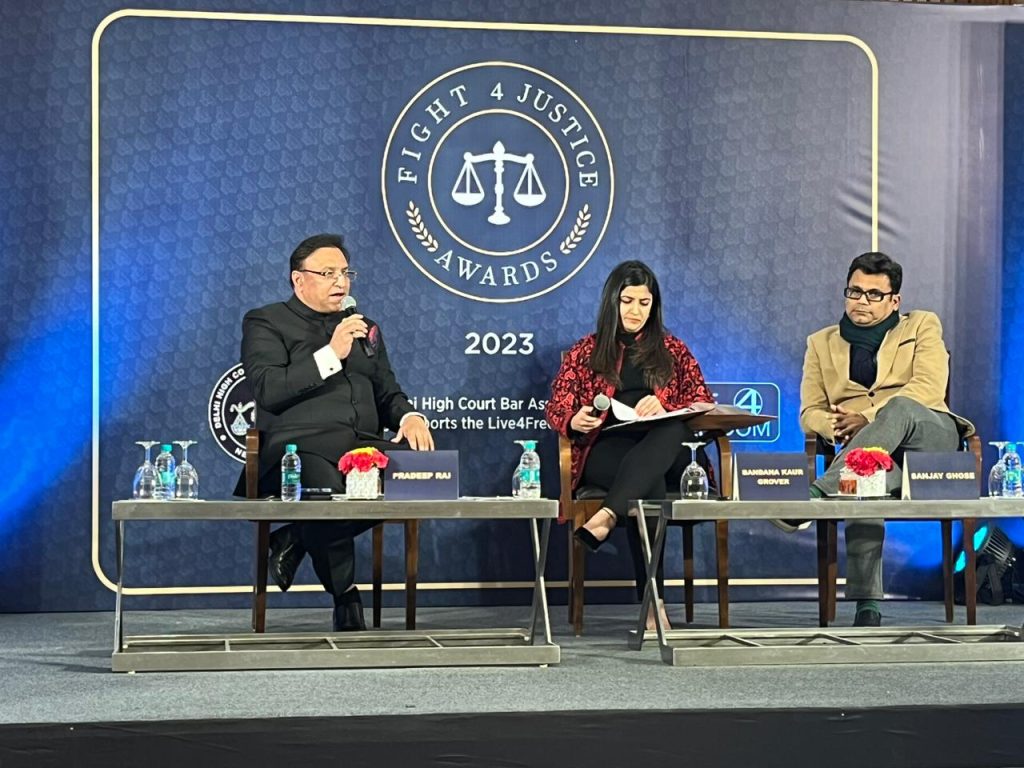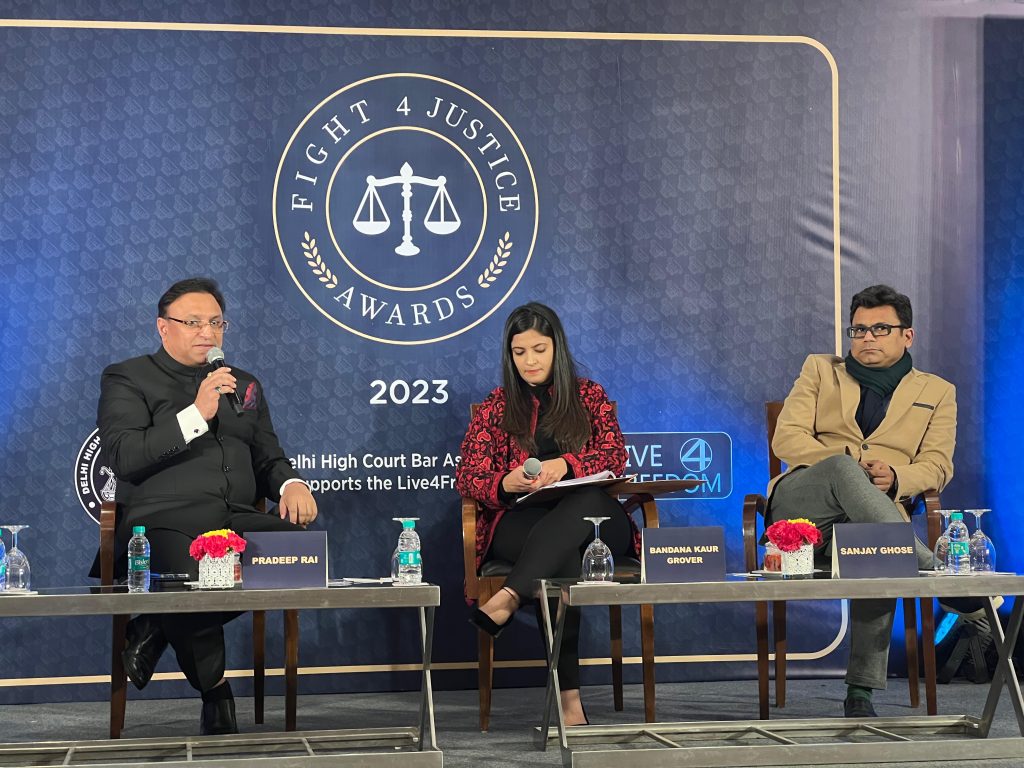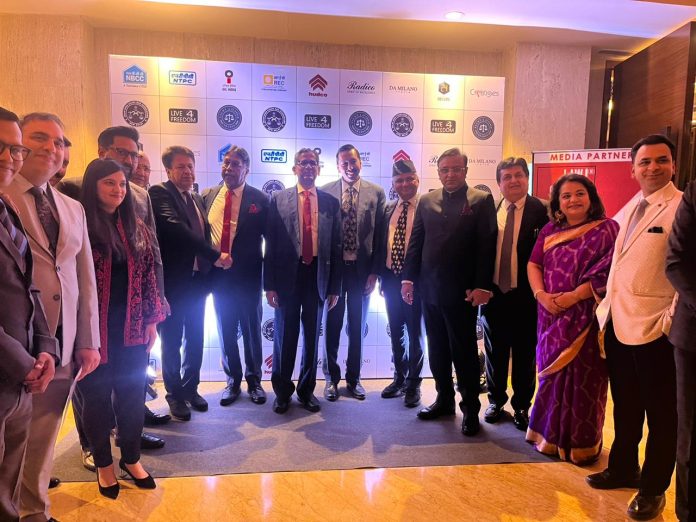Reforms are always challenged by society whether it was the Doctrine of Lapse or the controversy surrounding the Uniform Civil Code, said Pradeep Rai, Chairman, India Legal Research Foundation and India Legal Aid Centre, during a debate on the Uniform Civil Code at the Fight 4 Justice Awards 2023.
Organised by the Delhi High Court Bar Association, the debate was over “Does India Need a Uniform Civil Code 75 Years After Independence?”.

Senior Advocate Rai said sometimes things are good for society but still people do not accept them with open arms. He added that later these new reforms change the course of time and begin a new era.
Talking about the UCC, Rai said India, being a diverse country with multiple religions and religious laws, currently has different personal laws for different religious communities and to make everyone follow the same thing is difficult to begin with.
He added if everything falls in place with all states and citizens agreeing to it, UCC will be a welcome move for the nation.
The critics of the Uniform Civil Code feel the code would come into conflict with beliefs and faiths of religious communities. As per critics, the UCC has encountered resistance from orthodox Hindus, Muslims, Sikhs, and other minorities whose customs have remained untouched since the time of British rule.
Even the framers of the Constitution, unable to resolve the conundrum it
poses, prudently included it in the Directive Principles of State Policy (DPSP) rather than the Fundamental Rights.

Senior Advocate Pradeep Rai presented the upside of the picture, whereas Senior Advocate Sanjoy Ghose said when we talk of directive principles of state policy Article 44 (the state Shall endeavour to secure for all citizens a Civil Code that is uniform throughout the territory of India) we should not focus on Uniform Civil Code but an efficient Civil code.
He added that the article being placed in the Directive Principles of State Policy, is not binding or mandatorily enforceable on the government or the people.
On the Uniform Civil Code, he said it is important to understand what we actually mean by Uniformity.
Giving an example, he added that there are more than 10 states in the Indian Union which have different councils to govern the issues of the tribals.
One set of people, do not agree with the set of justice provided by the others.
Talking further, Ghose said UCC may infringe upon the freedom to practice the religion of one’s choice, which allows religious communities to follow their own personal laws.
If Uniformity is made for the efficiency, then the goal is accomplished but if the Uniformity is made to artificially create the construct of a majority, then it is but a failure.
He added that if Uniform Civil Code brings best of all religions and comes with the spirit of uniting everyone it is something to be taken warmly but at the same time, it is impossible.
Ghose added in a country with diverse languages and traditions, expecting people of diverse culture and traditions to act on the same laws, based on a uniform system is somewhat preposterous.
He said among Muslims, the Muslims from from Kerala are different from Muslims from Bihar. He added that Uniform Civil Code is divisive and will lead to social unrest, and will be against the spirit of the Constitution, which safeguards the right of citizens to practice their culture and religion.
Moderator Bandana Kaur Grover questioned the panelists for the subject details. Senior Advocate Pradeep Rai said that UCC would foster a sense of unity and promote national integration by eliminating the legal pluralism currently seen in personal laws.
He further the UCC will affirm the notion of “one nation, one law,” thereby reinforcing the idea of a unified Indian identity amidst its diverse population.
Senior Advocate Sanjoy Ghose said the Constitution has chosen secularism as its vehicle to establish an egalitarian social order. Secularism is part of fundamental law and basic structure of the Indian political system.
We can rightly conclude that implementation of UCC would try to bring about a long needed change and an end to plenty of confusion but there are some disadvantages that it offers which make it hard to implement it even after decades since it was proposed for the first time, he said.


